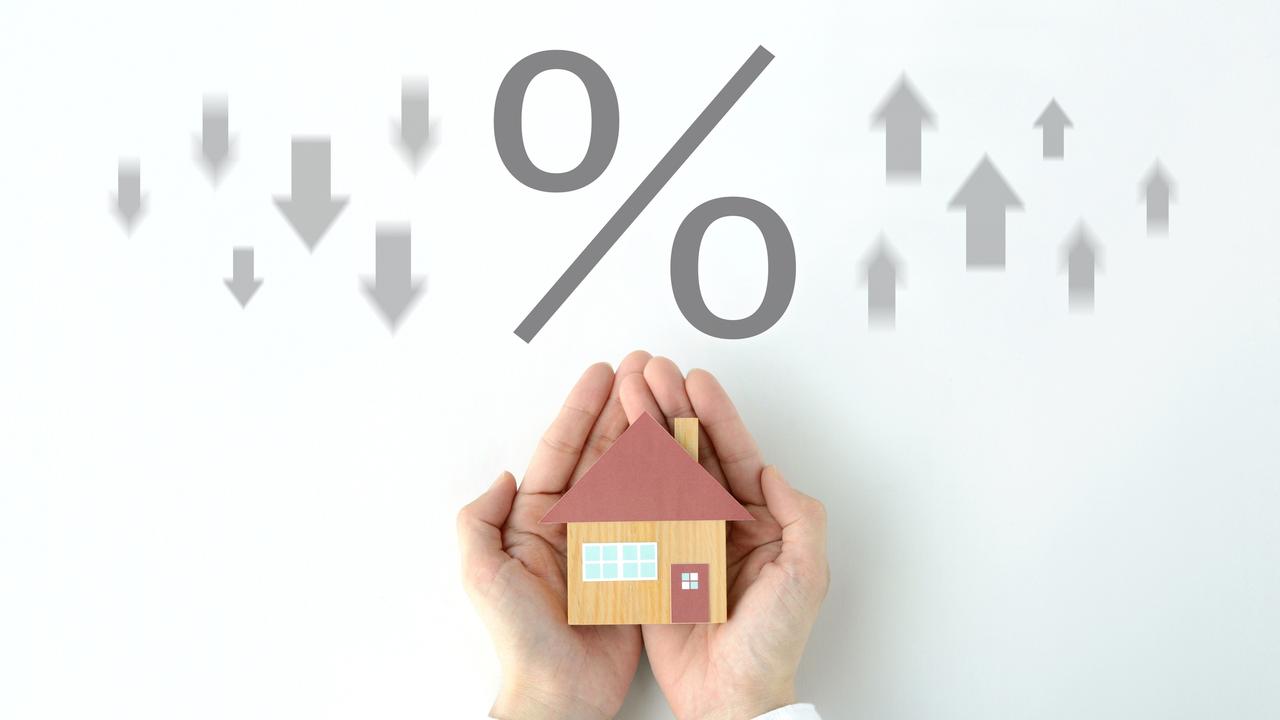Why the super balance you’ll need for retirement is a unique number
Growing superannuation is a balancing act with enjoying life today, and a broad understanding of the rules will help.

There’s no hard and fast date for when the “retirement” question smacks you in the face. For most, it tends to happen some time in your 50s.
I’m talking about those first, usually panicked, thoughts about what your retirement is actually going to look like.
Have I done enough? Saved enough? Am I going to be able to travel? Am I eating baked beans, the occasional steak, or regular dinners out?
Am I going to be able to pony up some cash to help the kids into their first house, or help fund their wedding? Can I spoil the grandkids occasionally?
During the last five, 10 or 15 years of working life, until the rough date you’d always had in your head about when you thought you’d be done with the whole work thing, is when those thoughts tend to kick in.
So, do you have enough? The good news is that if you don’t think you do, it’s never too late.
Just for you
If that’s you, what do you think your retirement look like? How do you work out if you have hit the mark?
First up: I’m not going to give you some magical figure to aim for. I know there is regular commentary that says you need $1 million, or $2 million, or some other figure. But, to you, that’s a meaningless figure.
The amount that applies to you (and jointly with your partner) is unique to you. And it’s not a preset dollar figure, or some multiple of annual income figure you want in retirement.
I regularly get asked the question: “how much do I need for retirement?” My answer back is, however, a series of questions.
How much do you need to cover expenses in retirement? How long are you likely to live? (Sure, nobody knows the answer to that, but does longevity run in the family and what’s your general health like?) Do you want to leave anything to the kids, family or charities, or are you happy to spend your last cent just before you die?

Do you want to travel extensively just after retiring? A recent couple answered the question before I’d even asked. And were very specific. Retirement is about 18 months away and they wish to spend about $30,000 a year for the first five years on international travel.
When do you want to retire? Are you prepared to work a few more years if the numbers suggest you need to?
Risky business
And, importantly, how much risk are you prepared to take with your super and your non-super investments?
Taking greater risk with your investments (ie, more shares and property) will, generally, make your assets last longer.
But can you handle the risk associated with that? That your investments will be more volatile?
Are you prepared to sell other lifestyle assets, such as your home, or investment property or holiday home, to make sure you can maintain your required lifestyle?
Many people’s individual answers to the above questions might be similar. But when all answers are added together, those answers combine into a unique set of circumstances.
Mapping it out
Trying to find out if you’ve got enough to see out your years (and maybe leave something for the kids) then comes down to mapping it out.
If you’re handy with an Excel spreadsheet, and have some patience to rework and rework, you might be able to do this yourself. (There is also a base retirement planner calculator on the MoneySmart website that’s handy, but has limitations.)

This is something most advisers (some specialist advisers don’t cover retirement advice) do regularly, with the aid of complex specialist software set up for exactly these sorts of calculations.
One of the difficulties for most people in doing this themselves is figuring out how it interacts with the age pension. You might start off getting no age pension, or a small age pension. But as you spend down your assets, figuring out when in the future, and how much, age pension will apply to you is tough to estimate in calculations done on an spreadsheet.
What you control
You have no control over investment markets. And you have limited control over how much you earn before retirement.
What you have most control over (though not total control) is your spending. That’s spending now, before retirement, and spending after retirement.
And, while you’re still working, you have some control over how much you get into super.
Never too late
When it comes to retirement, nothing beats having too much money. But how much you save, put into super, or put into other investments, is a balancing act over living life now.
The closer you get to retirement, however, the less the time you are locking your money away in super for. Putting in an extra $10,000 when you’re 40 and can’t touch it for 20-25 years is a very different proposition to put $10,000 in when you’re 55 and can get your hands on it in 5-10 years.
What’s the real benefit of super? It’s a low-tax environment. You pay less tax on money that you put into super and it pays less tax on what it earns.
Marginal tax rates in Australia run from 0 per cent to 47 per cent, including the Medicare Levy. The average income earner in Australia pays about 34.5 per cent.
Super pays tax at a maximum of 15 per cent. When your employer puts in 11 per cent of your salary as Superannuation Guarantee compulsory payments, it only gets taxed at 15 per cent. If you were given the money as salary, you would pay up to 47 per cent.
If you were to earn $1000 in your super fund, it would pay tax at a maximum of 15 per cent.
If you’re earning more than $180,000 a year, every extra dollar earned personally, or from investments, would be taxed at 47 per cent. But the same earnings at 15 per cent, mean you’re getting to reinvest a lot more, to then also earn and be taxed at a lower amount.
Making the most
So, you get to keep more of your money, rather than pay higher tax on it now, and have it investing, compounding, at the lower tax rate.
Super gives an added boost to your retirement investments, in a similar way to how gearing can add to your investments.
If those who are within five-to-15 years of retirement can grasp that, then making the most of getting money into super becomes a whole lot easier to understand.

There are limits, however, to how much you can get into super. The 11 per cent that employees have contributed to super by their employer forms part of what are known as concessional contributions, which have a cap of $27,500 a year.
If you’re earning $100,000 as a salary, your employer is putting in $11,000 into your super fund. That leaves you with the ability to put in up to $16,500 extra into super, either by salary sacrifice through your employer, or as a cash contribution for which you can claim a tax deduction.
They work out to be identical from a tax perspective. Some people would prefer to have the money come out of their salary before they receive it, while others would rather use savings, potentially at the end of the financial year.
If your super balance was under $500,000 at the start of the financial year, you might even be able to use previous year’s concessional contribution limits that you didn’t go to the maximum on.
There is also what’s known as the non-concessional contributions limit, which is $110,000 a year. This money is not taxed on the way into super, but no-one claims a tax deduction for it either. It’s most often used for sums such as inheritances, or the proceeds of the sale of an asset that has already been taxed.
Confused? Get help
If you’ve hit the run to the finishing line that is retirement, there is so much that you can do. Each action can potentially be worth thousands, even tens of thousands, of dollars a year to your super balance.
And that translates into a better quality retirement through more money to spend.
Making the most of this time requires one of two things. Developing a solid understanding of the rules around super personally, or getting in hired help.
Doing nothing might be easier. But you’ve got to live with the retirement that brings.
Bruce Brammall is both a financial adviser and mortgage broker and author of books including Debt Man Walking. E: bruce@brucebrammallfinancial.com.au.




